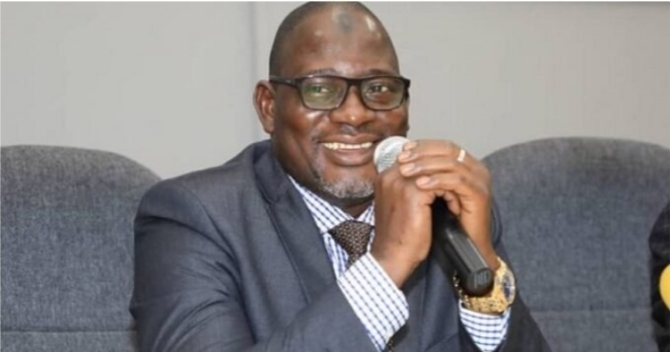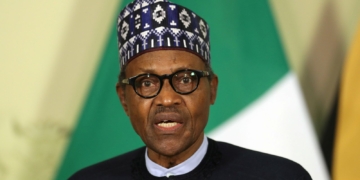The Executive Chairman of the Federal Inland Revenue Service, Mohammed Nami has stated that taxes now account for 70 percent of Nigeria revenue.
This statement was made by FIRS boss, Nami at an interactive session with stakeholders in Abuja.
Nami said other revenue lines, including crude oil, accounts for the remaining 30 percent.
Delivering a presentation titled ‘Weathering Economic Turbulence’, the FIRS boss called for a review of the country’s tax laws, saying most of the laws dates back to before independence in 1960.
According to Nami, the total revenue available to the federation accounts allocation committee (FAAC) in June 2020 was N696 billion (about $2 billion), “which is equivalent to what a county in the United States spends”.
“Nigerian economy is projected to contract by over five per cent in 2020 due to COVID-19 and other disruptions. Oil prices have plummeted (from $97.98 in 2012 to below $50 in 2020),” he said.
“Collection has indeed gone up, but Nigeria’s VAT gap remained at a pitiable 70 percent, compared with South Africa at 12 percent, Morocco at 28 percent, and Zimbabwe at 38 percent.”
Explaining that Nigeria’s tax-to-gross domestic product (GDP) ratio is currently at six percent, he said the World Bank recommends a minimum tax to GDP ratio of 15 percent for economic growth and poverty reduction.
“A Debt Management Office (DMO) report indicates that about N1.21 trillion was used to service debt from January to June 2020.
“Over N3 trillion is proposed for debt servicing in 2021. The report further projects that Nigeria’s debt stock will grow significantly by end of 2020.
“God forbid that Nigeria should default in debt repayment obligations. Nigeria’s debt to revenue ratio is worsening – it is estimated at 538 percent at the end of the fourth quarter, that is 190 percent increase from 2019 figure (348 percent).”
Nami said all hands have to be on deck to improve domestic revenue mobilisation to ensure that the country does not fall into a debt crisis that could worsen insecurity and political unrest.
He explained that this is necessary because Nigeria is a mono-product economy hence any change in crude oil prices will affect the country.




Discussion about this post